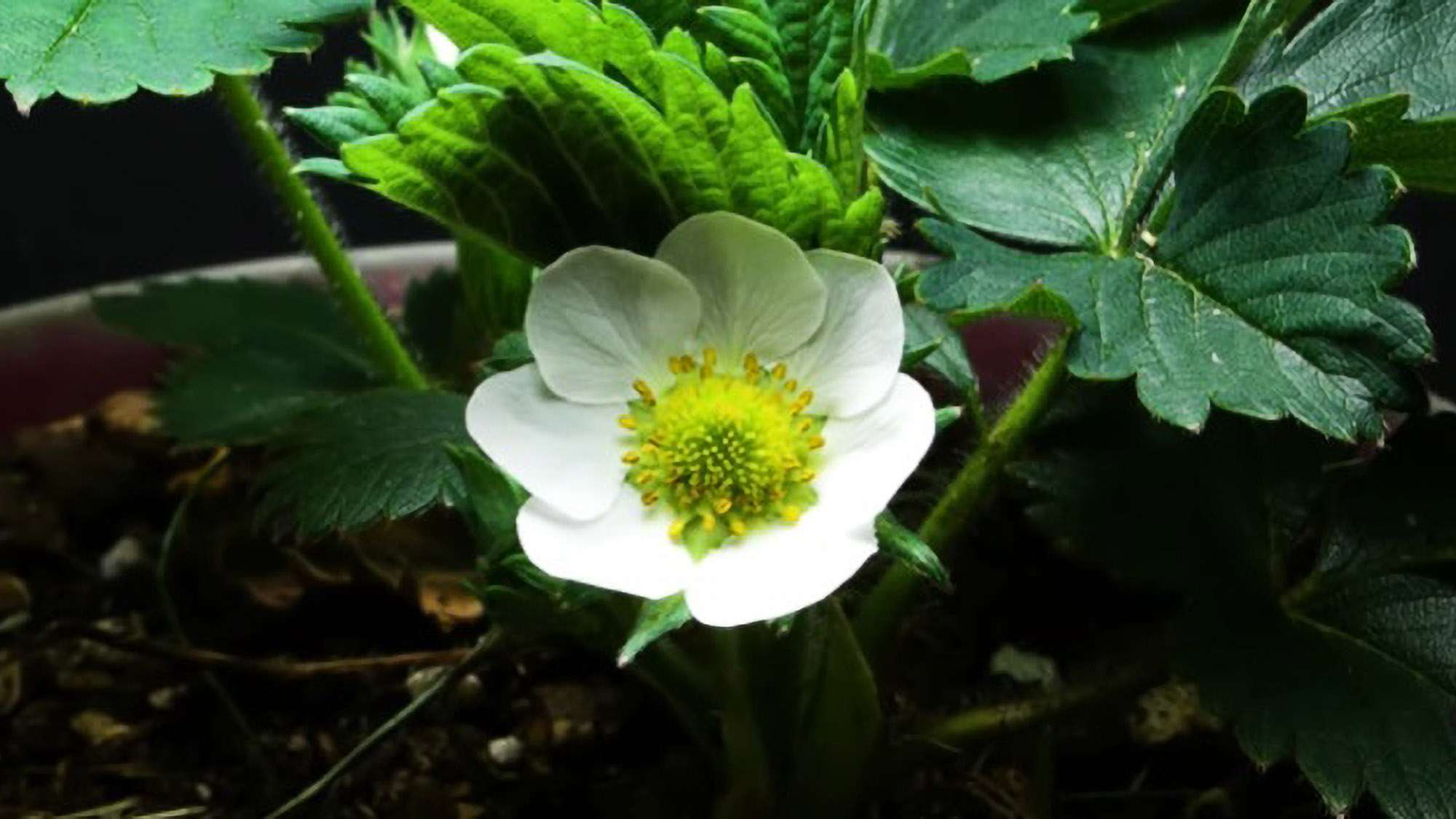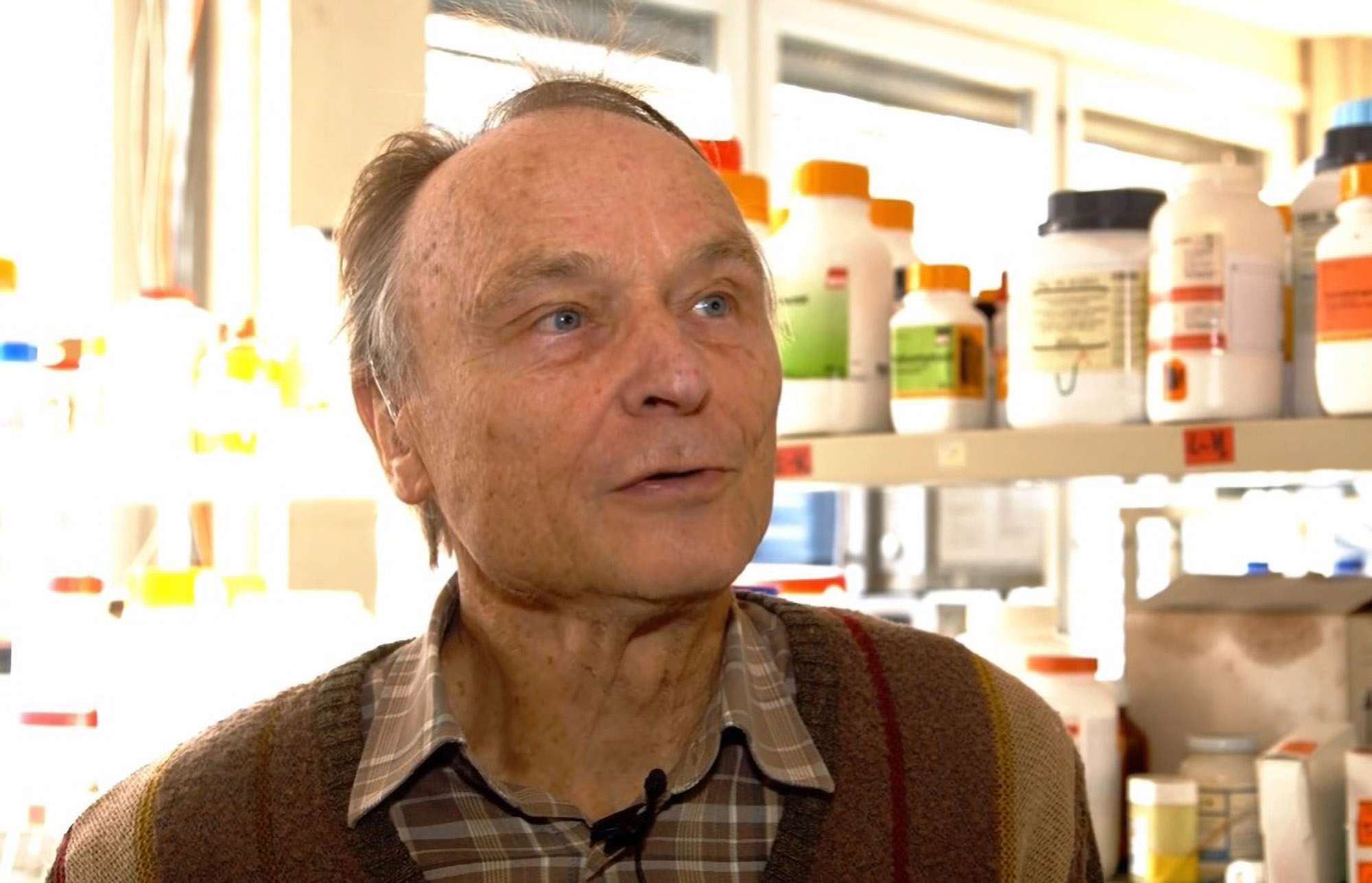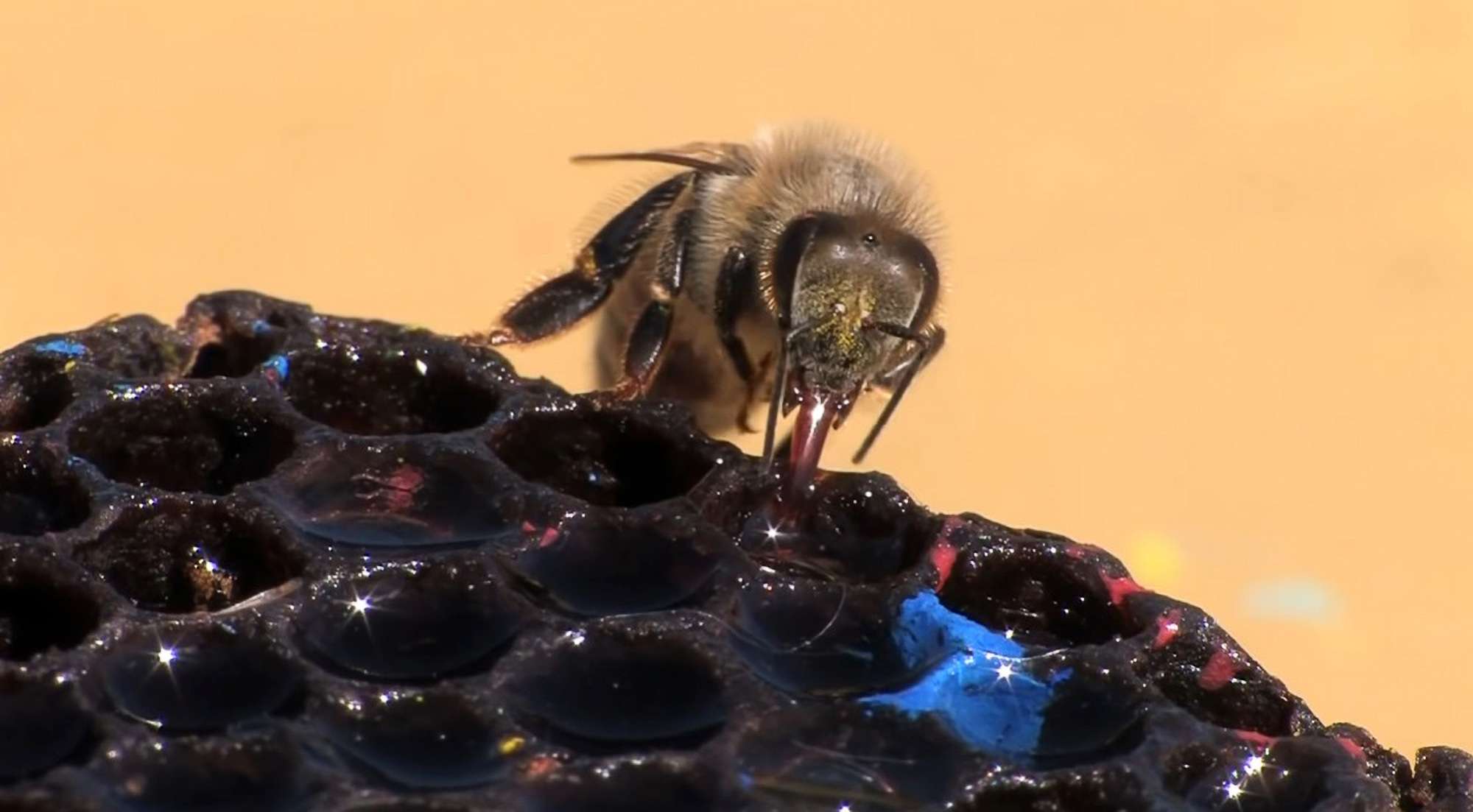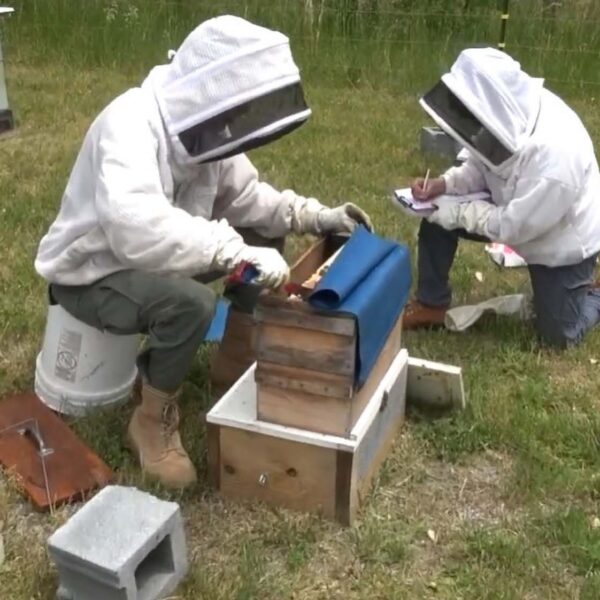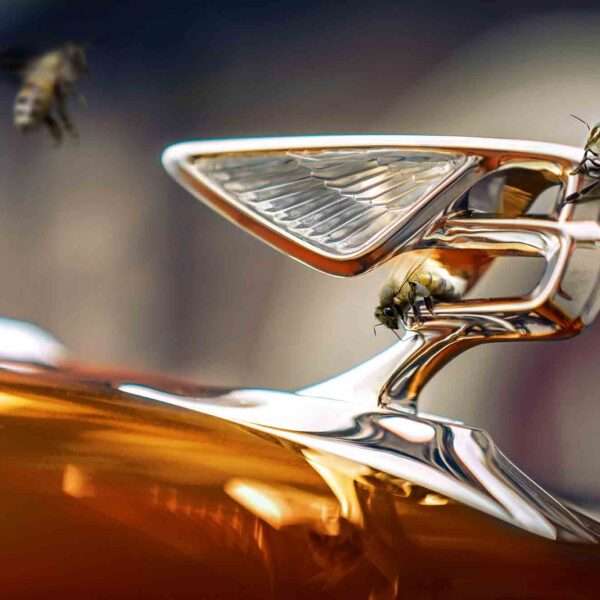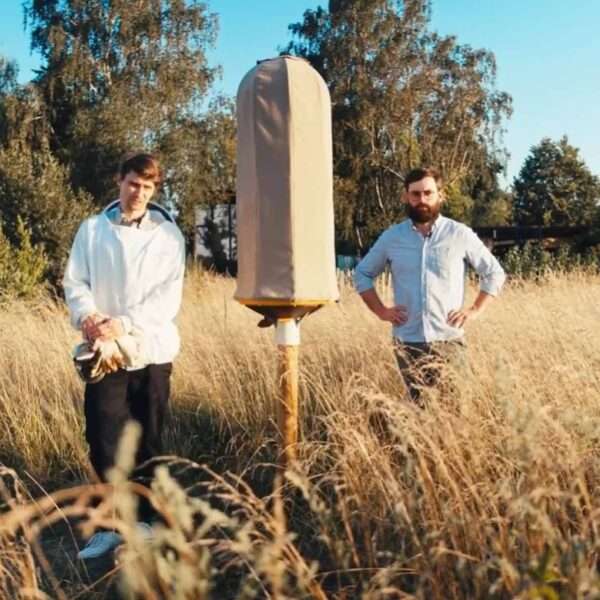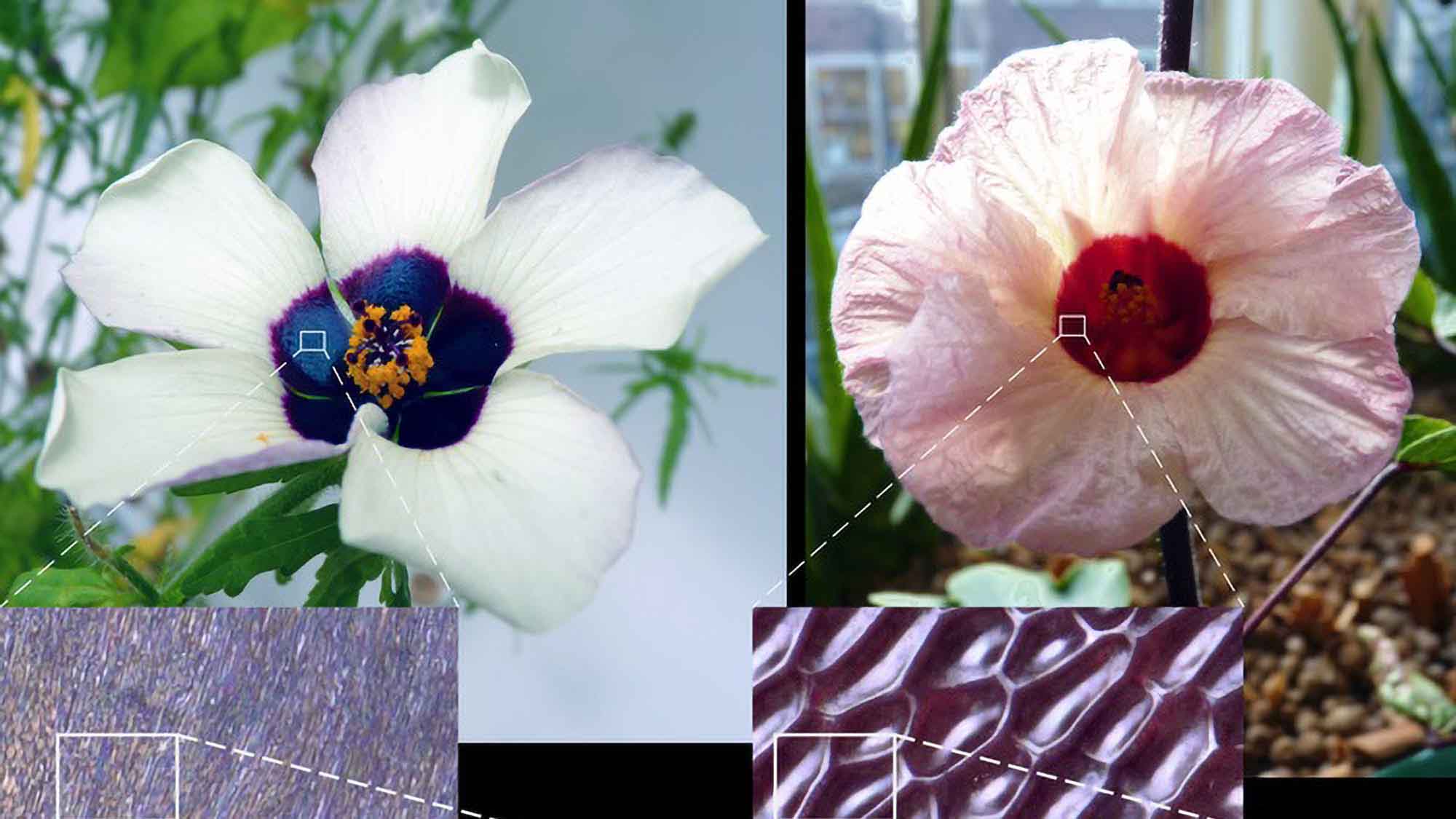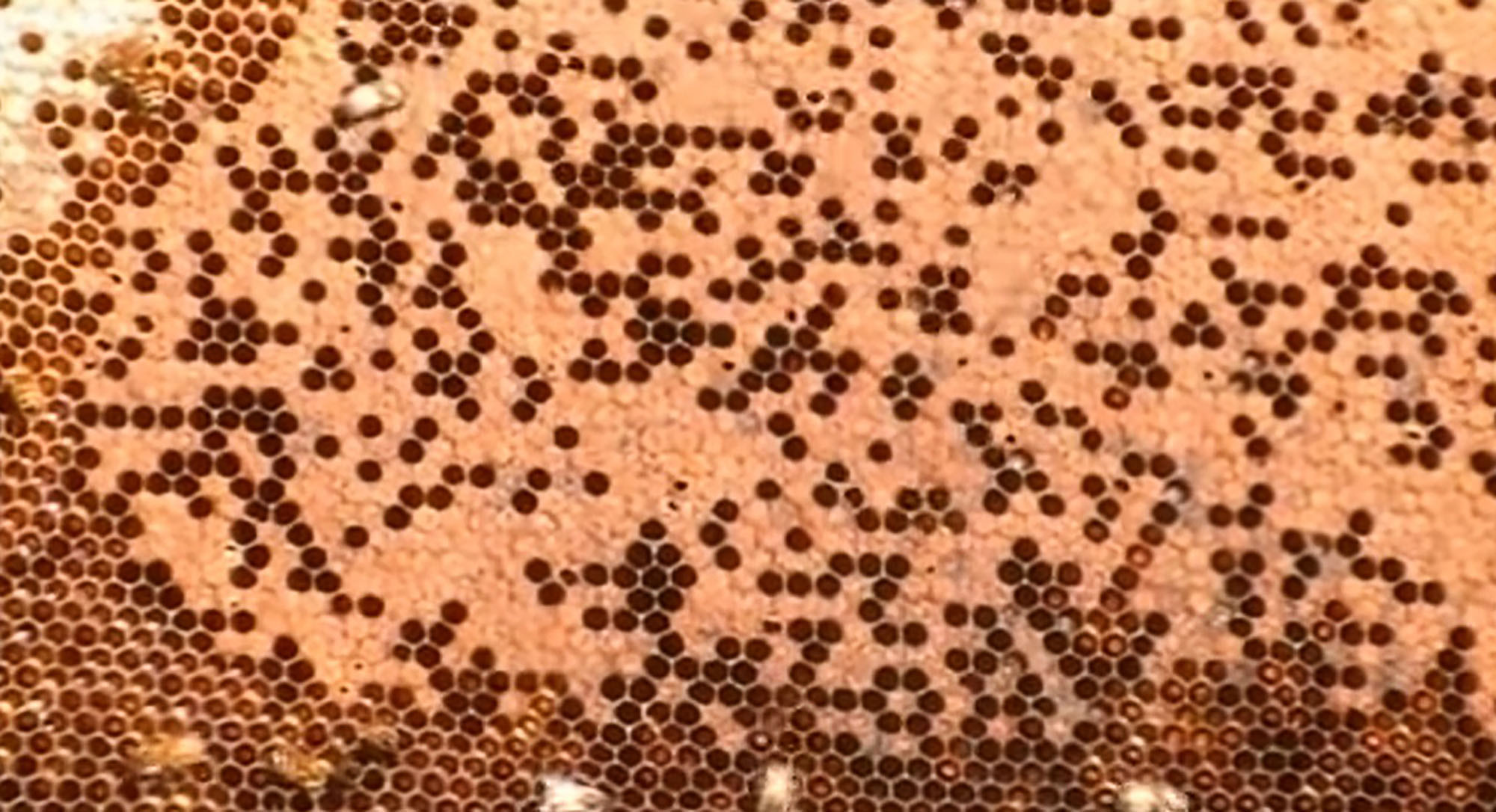The application of a controversial insecticide impacts bees and in turn, negatively affects the size of strawberries, scientists in Sweden have revealed.
Researchers at Lund University found that strawberries were smaller when pollinated by solitary bees that had been exposed to an infamous pesticide.
Biologist Lina Herbertsson said: “We studied bees that ingested clothianidin, a pesticide that was previously used in rapeseed to control flea beetles. Our study indicates that the substance made the bees slower and impaired their ability to pollinate the strawberry flowers.”
There are more than 20,000 different bee species in the world. The vast majority of them are known as solitary bees. Carpenter bees, leafcutter bees and mason bees may be the best-known solitary bees.
Solitary bees do not produce honey. However, they are important pollinators.
Underlining the relevance of their investigation, the Lund University research group explained: “Strawberries are known to become bigger if bees have visited their flowers, but how strawberry growth is affected if the bees have been exposed to neonicotinoid insecticides has so far been unclear.”
Their study entitled “Seed-coating of rapeseed with the neonicotinoid clothianidin affects behaviour of red mason bees and pollination of strawberry flowers” has been published in the peer-reviewed journal PLOS ONE.
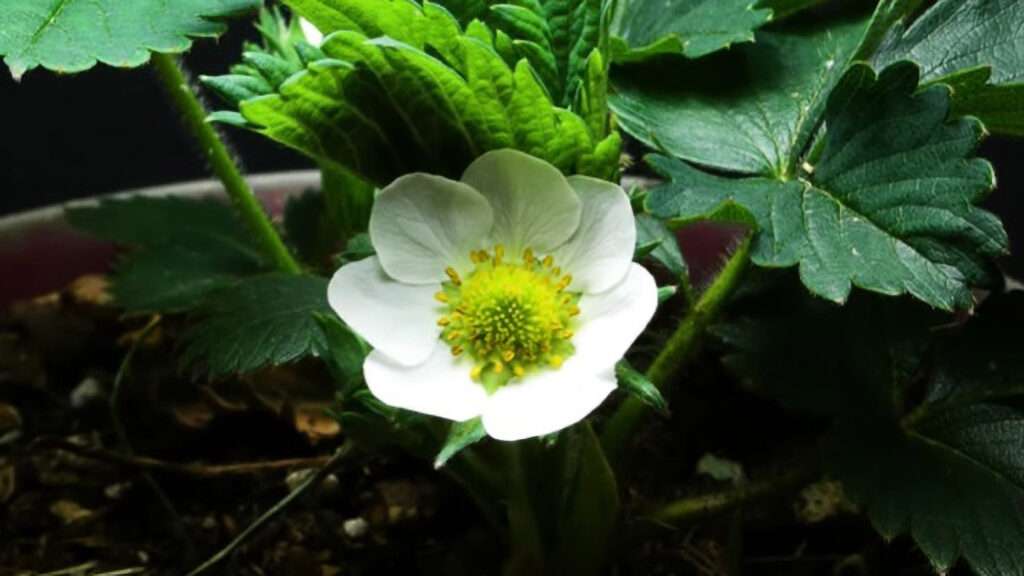
Herbertsson and her colleagues Maria Blasi and Bjoern Klatt used 12 outdoor cages where solitary bees could forage from rapeseed and strawberry flowers.
In half of the cages, the rapeseed had been treated with clothianidin. The bees that were exposed to the treated rapeseed needed more time than other bees to visit the same number of rapeseed flowers.
When the researchers later weighed the strawberries, they made another discovery. It turned out that the strawberries were smaller if they had been pollinated by bees that foraged from clothianidin-treated rapeseed.
Herbertsson said: “Previous studies have shown that clothianidin affects wild bees negatively in terms of foraging speed, development and reproduction. Our results indicate that it can also impair the bees’ ability to pollinate strawberry flowers.
The biologist suggested treating the study results with caution. She emphasised: “In our study, we did not identify the cause for the lower strawberry weight, and after only having performed a single study under rather special circumstances, we also don’t know if this is a general pattern.”
The European Commission (EC) recently announced that Clothianidin and Thiamethoxam would be prohibited in all of the European Union’s (EU) 27 member countries from next year.
Both substances belong to the group of so-called neonicotinoids. The decision means that there must be no traceable residue of clothianidin and thiamethoxam in any food produced in the EU. Furthermore, the EC ruled that the restriction would also affect any imported food and all kinds of animal nutrition.
The application of clothianidin and thiamethoxam in outdoor agricultural production has been made illegal within the EU in 2018.
The usage of these substances has been linked with honeybee colony collapse disorder and other worrying ecological developments.
Studies suggest that the usage of insecticides can lead to the death of bees due to their impact on the insects’ neurotransmitters. Biotechnology enterprises have dismissed such findings as inaccurate.
Lund University scientist Herbertsson concluded: “Although clothianidin is now banned, other substances that affect the nervous system of insects in a similar way have partly replaced it.
“It is therefore of the utmost importance to continue this research and investigate how these substances affect bee behaviour and pollination.”

